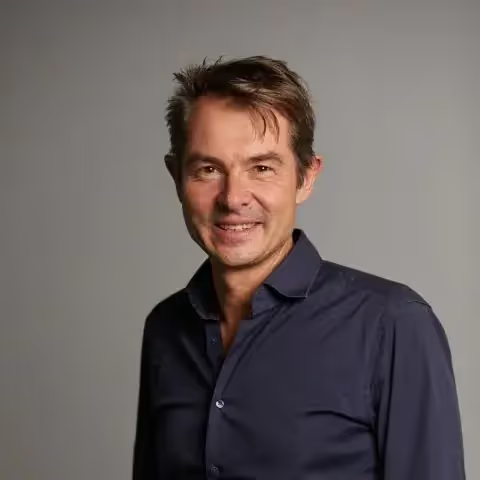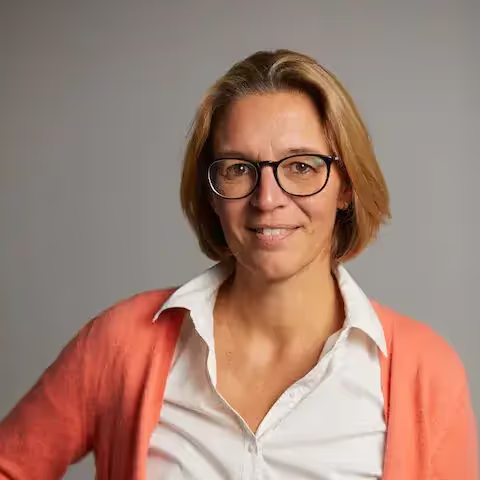In an insightful TEDxBerlinSalon talk titled "Wealth in the 21st Century: An Economy indexed on Nature," Martin Stuchtey, a geologist and economist, presented a compelling critique of our current understanding of wealth and proposed a transformative shift towards a nature-based economy. He argued that our prevailing economic system, built on resource extraction and relentless financial growth, is fundamentally unsustainable and poses an existential threat [00:00:10 - 00:00:14, 00:09:13 - 00:10:13].
Stuchtey began by questioning the modern definition of wealth, highlighting its historical and cultural variability [00:00:39 - 00:01:11]. He pointed to the planetary crisis—marked by unprecedented climate change and biodiversity loss—as evidence that our current economic trajectory is leading us into uncharted and perilous territory [00:03:18 - 00:04:26]. Drawing from his extensive experience in consulting, he emphasized that incremental improvements are no longer sufficient; systemic change is imperative [00:06:03 - 00:06:33].
The core of Stuchtey's proposition is to redefine wealth by indexing it directly on nature [07:44]. He introduced the concept of "nature equity" [15:09]—novel contracts representing biophysical units of nature improvement or preservation [00:13:21 - 00:13:30]. This innovative system involves three key steps:
Indexing: Assigning a "nature capital account" to land, digitally representing its biodiversity, water, soil, and carbon. This is now feasible due to advances in bioacoustics, sensors, metagenomics, remote sensing, and AI-driven deep learning [00:12:13 - 00:12:58].Minting: Creating legal rights or assets whenever a biophysical unit of nature is demonstrably improved or preserved. This, he argued, transforms nature from a cost into a source of wealth [00:13:21 - 00:14:00].Sharing: Enabling these nature equity rights to be used as means of payment, collateral, or even legal tender, thereby fully integrating nature stewards into the economic fabric [00:14:00 - 00:14:25].
Stuchtey posited that nature equity can facilitate the transition from an extractive to a regenerative economy, effectively closing the nature funding gap and fostering a more equitable system that rewards those who provide essential ecological services [00:14:33 - 00:15:03]. He shared emerging examples of companies and governments beginning to utilize nature equity to ensure water retention for crops like coffee [00:15:14 - 00:15:36], support pollinator habitats [00:15:36 - 00:15:52], maintain water levels for critical tech infrastructure [00:15:52 - 00:15:58], and secure the solvency of biodiversity-rich nations [00:15:58 - 00:16:14].
Looking ahead, Stuchtey envisioned nature equity potentially serving as collateral for banks and central banks, paving the way for a "nature-based currency" and fundamentally altering our societal valuation of wealth [00:16:14 - 00:16:36]. He concluded that this shift towards a nature-based economy is not a deviation from sound economics but a "return to reason," offering a pathway to escape our current unsustainable trajectory—a new "Enlightenment moment" for the 21st century [00:17:08 - 00:17:24].





